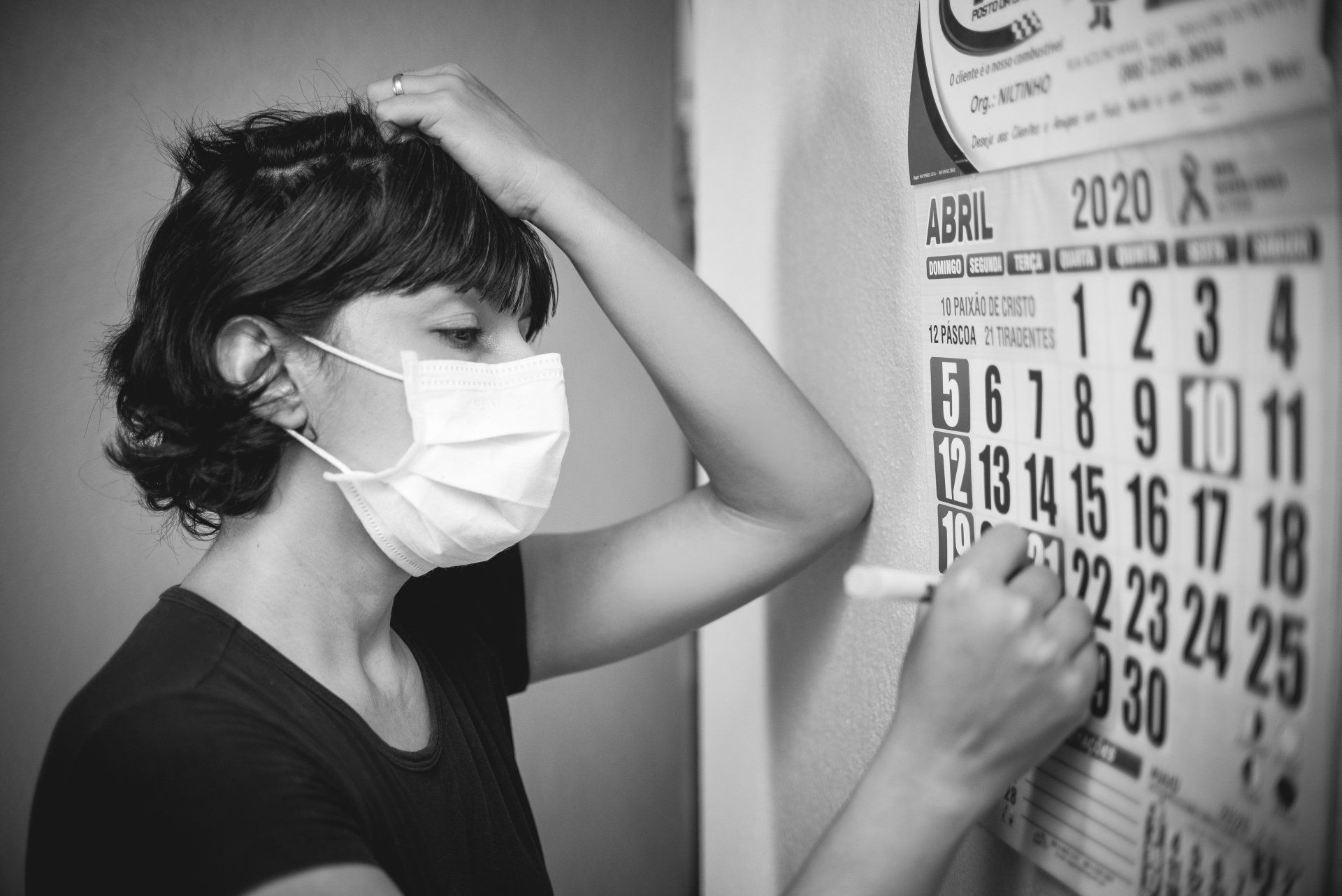Navigating a Mental Health Crisis
WARNING SIGNS of a Mental Health Crisis
It’s important to know that warning signs are not always present when a mental health crisis is developing. Common actions that may be a clue that a mental health crisis is developing:
- Inability to perform daily tasks like bathing, brushing teeth, brushing hair, changing clothes
- Rapid mood swings, increased energy level, inability to stay still, pacing; suddenly depressed, withdrawn; suddenly happy or calm after period of depression
- Increased agitation verbal threats, violent, out-of-control behavior, destroys property
- Abusive behavior to self and others, including substance use or self-harm (cutting)
- Isolation from school, work, family, friends
- Loses touch with reality (psychosis), unable to recognize family or friends, confused, strange ideas, thinks they’re someone they’re not, doesn’t understand what people are saying, hears voices, sees things that aren’t there
- Paranoia, suspicion and mistrust of people or their actions without evidence or justification
WHAT TO DO in a mental health crisis
IF YOU ARE WORRIED that you or your loved one is in crisis or nearing a crisis, seek help. Make sure to assess the immediacy of the situation to help determine where to start or who to call.
- Is the person in danger of hurting themselves, others or property?
- Do you have time to start with a phone call for guidance and support from a mental health professional?
- Do you need emergency assistance?
TECHNIQUES
that May Help De-esculate a Crisis:
✔ Keep your voice calm
✔ Avoid overreacting
✔ Listen to the person
✔ Express support and concern
✔ Avoid continuous eye contact
✔ Ask how you can help
✔ Keep stimulation level low
✔ Move slowly
✔ Over options instead of trying to take control
✔ Avoid touching the person unless you ask permission
✔ Be patient
✔ Gently announce actions before initiating them
✔ Give them space, don’t make them feel trapped
✘ Don’t make judgmental comments
✘ Don’t argue or try to reason with the person
If the situation is life-threatening or if serious property damage is occurring, don’t hesitate to call 911 and ask for immediate assistance.
When
Calling 911 for a Mental Health Emergency
Remember to:
- Remain calm
- Explain that your loved one is having a mental health crisis and is not a criminal
- Ask for a Crisis Intervention Team (CIT) officer, if available
They will ask:
- Your name
- The person’s name, age, description
- The person’s current location
- Whether the person has access to a weapon
Information you may need to communicate:
- Mental health history, diagnosis(es)
- Medications, current/discontinued
- Suicide attempts, current threats
- Prior violence, current threats
- Drug use
- Contributing factors (i.e. current stressors)
- What has helped in the past
- Any delusions, hallucinations, loss of touch with reality
If you don’t feel safe at any time, leave the location immediately.




